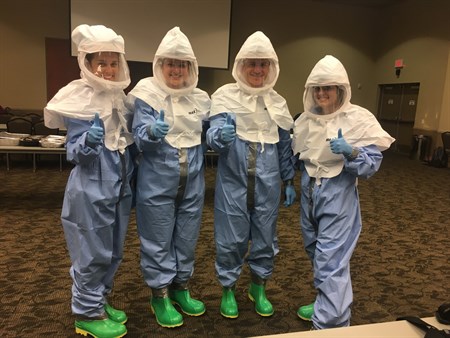
This past weekend, I had the opportunity to participate in the Veterinary Emergency Team’s (VET) annual exercise. It involved veterinarians, technicians, and other College of Veterinary Medicine & Biomedical Sciences (CVM) faculty, staff, and alumni all coming together to assist in a mock disaster situation.The scenario for the three-day event involved two different explosions in South Texas. We “deployed” in smaller (strike) teams, made our way to the disaster sites, and then set up the VET trailers (mobile medical platforms) they use during actual deployments.
Mock cases would come in over the radio and teams would walk through how they would handle each situation and treat the cases, some of which involved, cats, dogs, horses, and cattle. You have to be ready for anything in these types of situations, which is why practicing is so important.
You also have to approach them differently than an everyday clinic situation—you don’t have the same equipment or personnel, or the history of the animal. Some of the cases involved animals that were injured in the blast; some of them were animals that had been stranded and just needed help finding their owners. As you finished a case, a new case would come in.
I was the controller for my team, so my job was to give information about the patients as my team asked for it, including blood values, microchip information, and radiation readings (one scenario included an explosion at a nuclear power facility). It was an interesting situation to be in because I got to watch the teams work through each case and see the types of questions that the teams asked in each scenario.
At the end of the day, all of the teams came together for a debriefing.
We also got to practice putting on personal protective equipment (PPE), which are special hazard suits that protect you in scenarios that include known or unknown chemicals that you could be exposed to. I was able to learn how to put on the suit and felt like an astronaut!
Overall, it was a great day and I learned so much about how the VET works and responds in disaster situations.

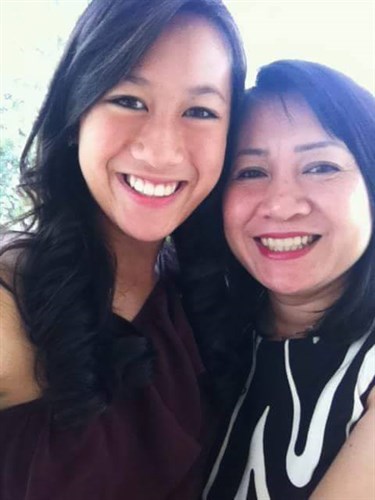 When I started my freshman year at Texas A&M, my mom began her own college experience in my hometown of Texarkana.
When I started my freshman year at Texas A&M, my mom began her own college experience in my hometown of Texarkana.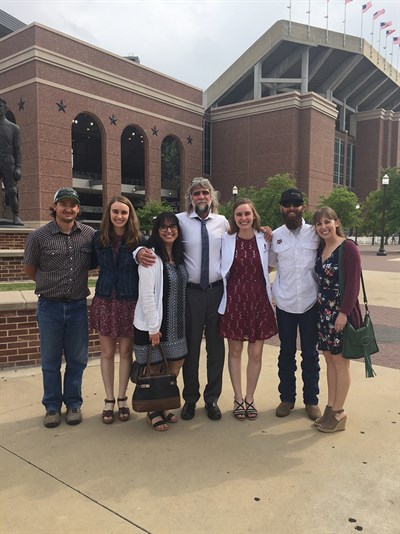
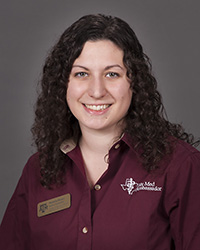 Vet school is a dream come true for all of the students currently enrolled in Texas A&M’s College of Veterinary Medicine!
Vet school is a dream come true for all of the students currently enrolled in Texas A&M’s College of Veterinary Medicine!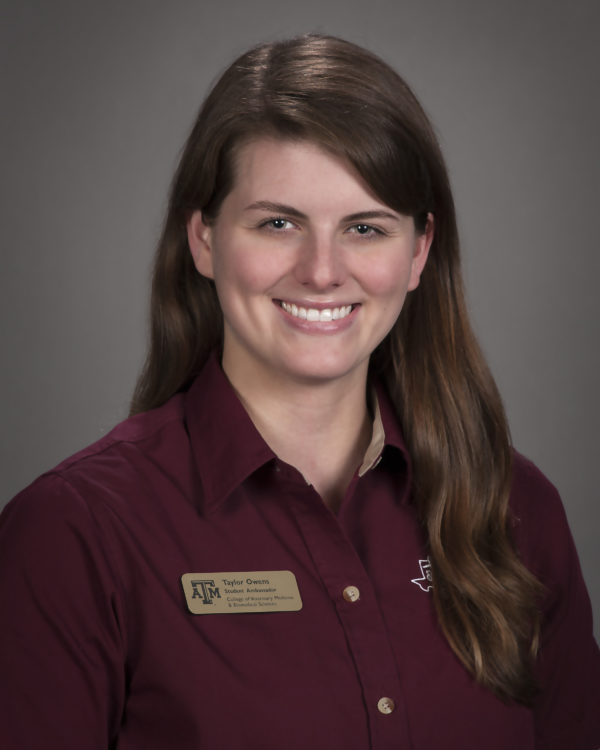 I attended part of the second annual Veterinary Innovation Summit (VIS) that was held over the weekend here at Texas A&M. Veterinarians, veterinary students, and other members of the veterinary industry from all over the United States descended upon the College of Veterinary Medicine & Biomedical Sciences for three days to talk about the future of veterinary medicine and what we can do to advance the profession. There were talks and panel discussions on a variety of topics, including the human-animal bond in the 21st century, one health, on-demand veterinary services, telemedicine, and the future of practice models and ownership, to name a few.
I attended part of the second annual Veterinary Innovation Summit (VIS) that was held over the weekend here at Texas A&M. Veterinarians, veterinary students, and other members of the veterinary industry from all over the United States descended upon the College of Veterinary Medicine & Biomedical Sciences for three days to talk about the future of veterinary medicine and what we can do to advance the profession. There were talks and panel discussions on a variety of topics, including the human-animal bond in the 21st century, one health, on-demand veterinary services, telemedicine, and the future of practice models and ownership, to name a few.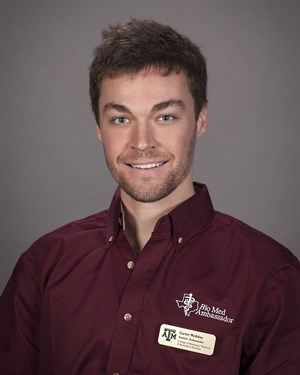 It is official: I have been accepted to the Texas A&M College of Veterinary Medicine!
It is official: I have been accepted to the Texas A&M College of Veterinary Medicine!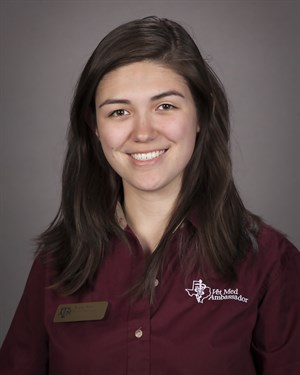 There are officially four more weeks of my second year of veterinary school! This easily has been the most challenging semester of my vet school career. And although I’m incredibly appreciative of all the information I’ve learned, I’m ready for a break.
There are officially four more weeks of my second year of veterinary school! This easily has been the most challenging semester of my vet school career. And although I’m incredibly appreciative of all the information I’ve learned, I’m ready for a break.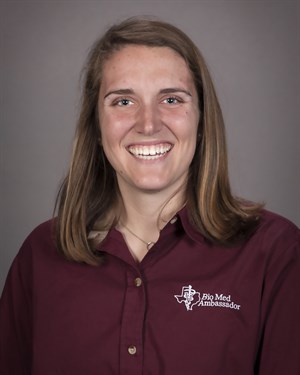 Veterinary school is tough, but it is so worth it. The best part of school is getting to finally learn about what you have wanted to learn about for so long—veterinary medicine. When you can look at what you are learning and then apply it to something you have seen when you have shadowed or worked previously, it makes class so much fun.
Veterinary school is tough, but it is so worth it. The best part of school is getting to finally learn about what you have wanted to learn about for so long—veterinary medicine. When you can look at what you are learning and then apply it to something you have seen when you have shadowed or worked previously, it makes class so much fun.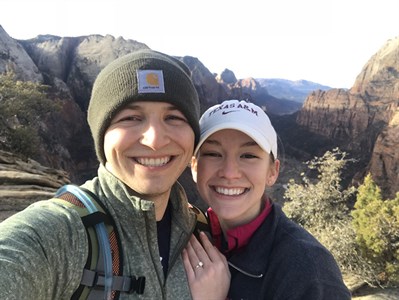
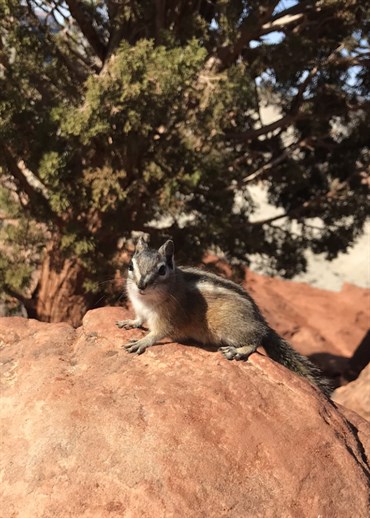
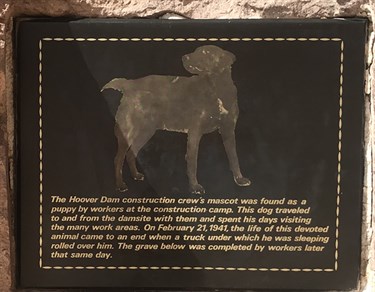 Along with tests, quizzes, and projects due this week, we are also getting ready for our Vet School Open House that is coming up this Saturday. I am volunteering to present a surgery simulation where we show what veterinary surgeons look like gowned, masked, and gloved-up in the operating room. It is always so much fun interacting with kids and adults who share our passion for animals and science. Hopefully, we can inspire some little minds to join this amazing and rewarding profession!
Along with tests, quizzes, and projects due this week, we are also getting ready for our Vet School Open House that is coming up this Saturday. I am volunteering to present a surgery simulation where we show what veterinary surgeons look like gowned, masked, and gloved-up in the operating room. It is always so much fun interacting with kids and adults who share our passion for animals and science. Hopefully, we can inspire some little minds to join this amazing and rewarding profession!